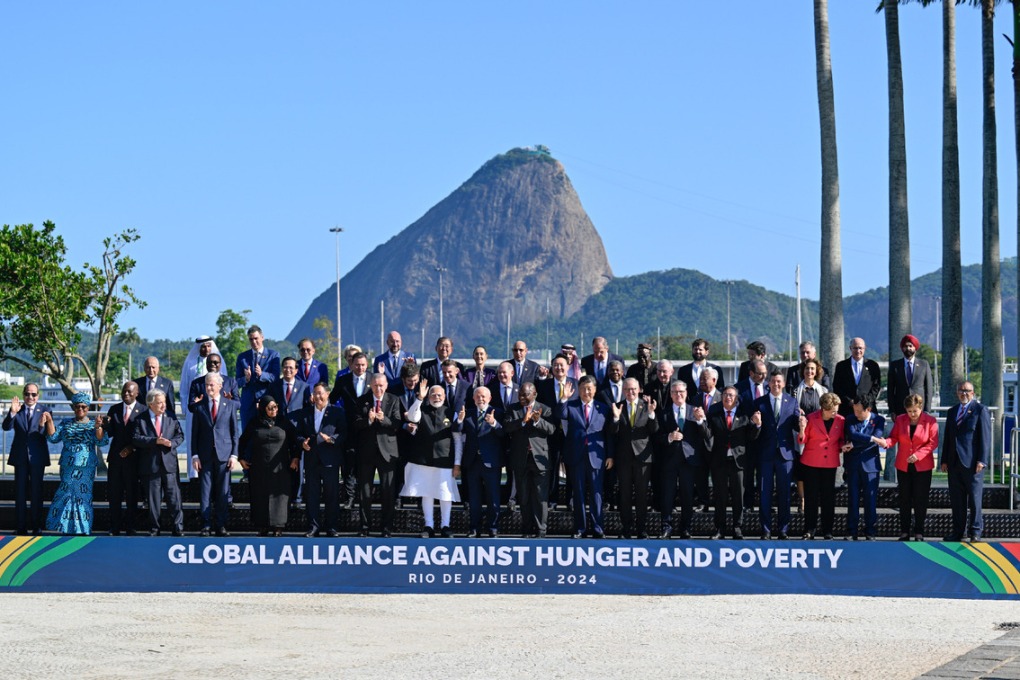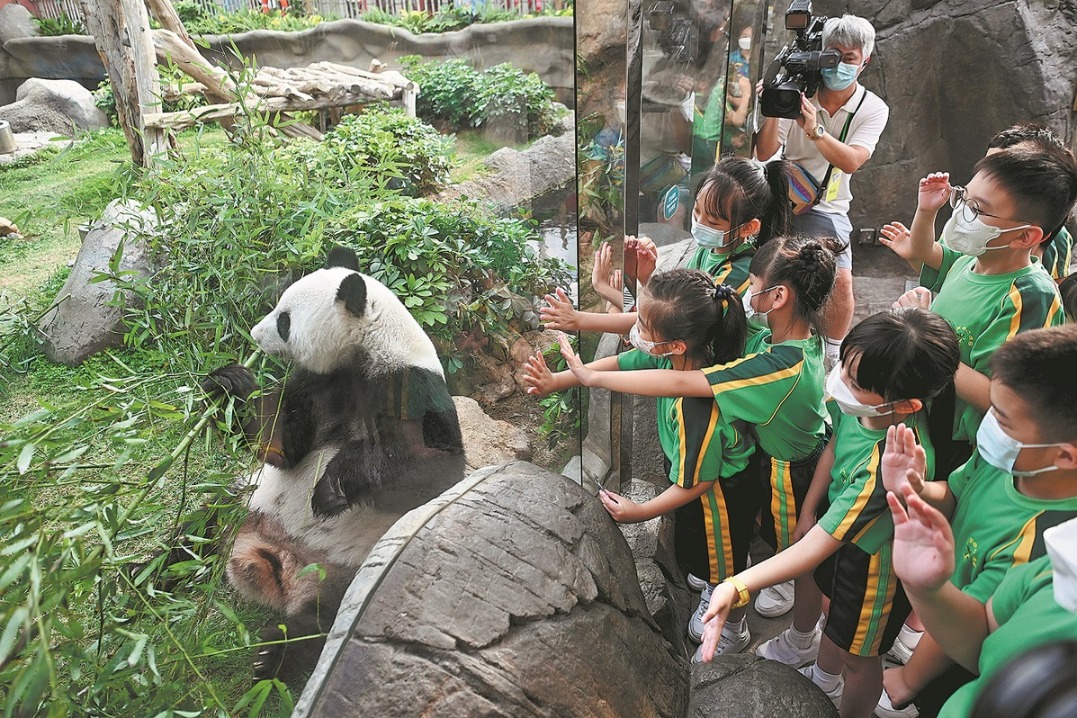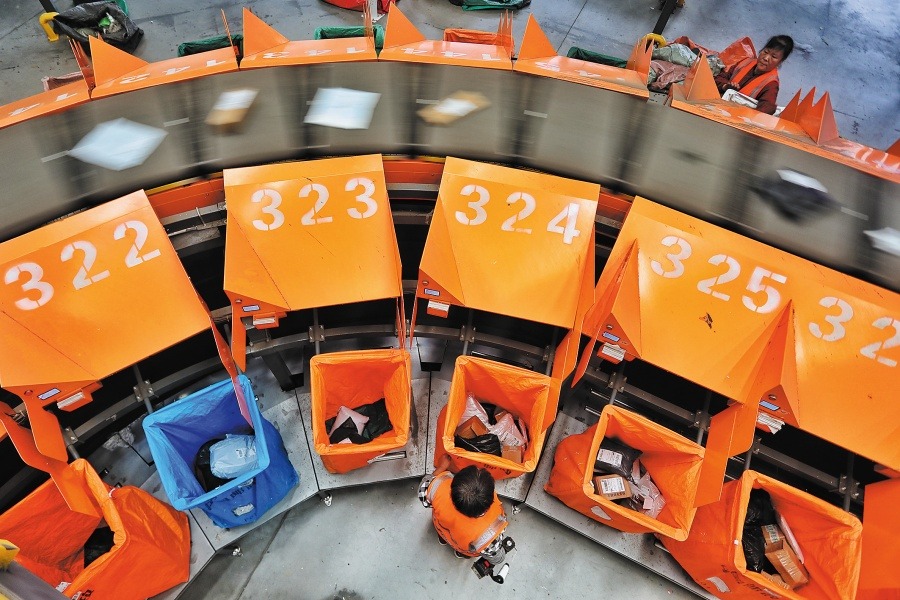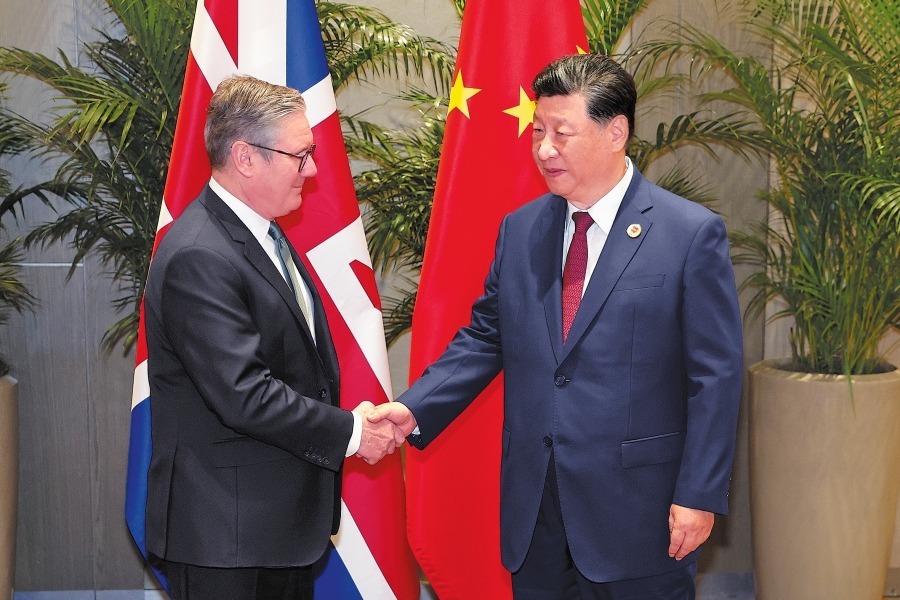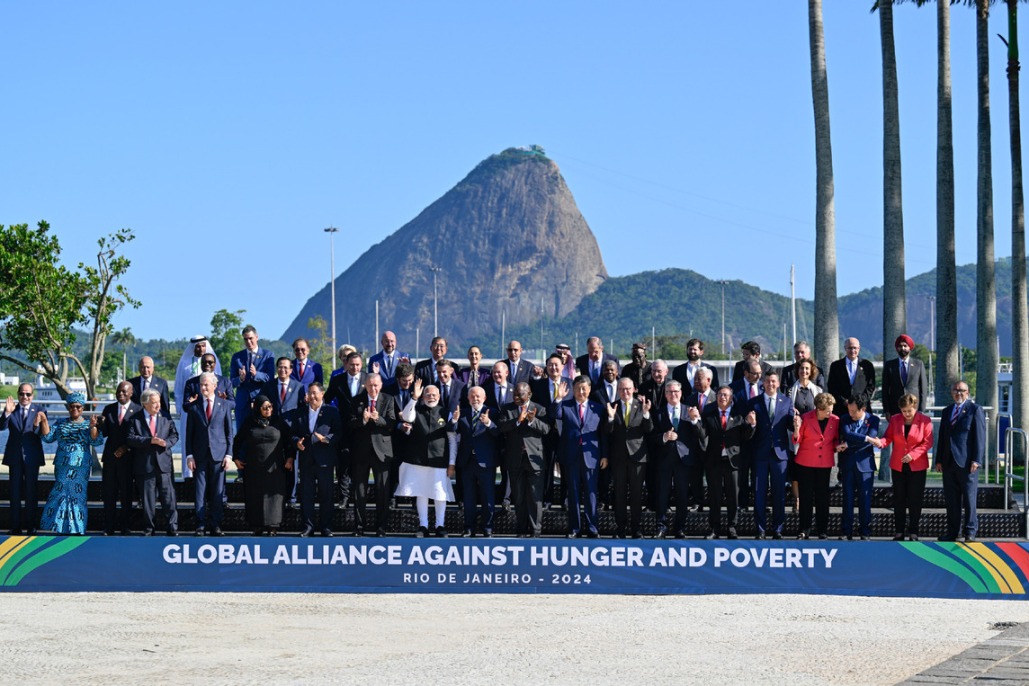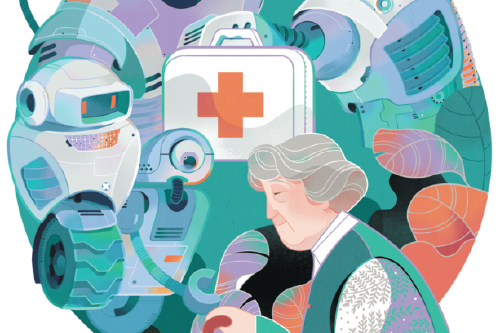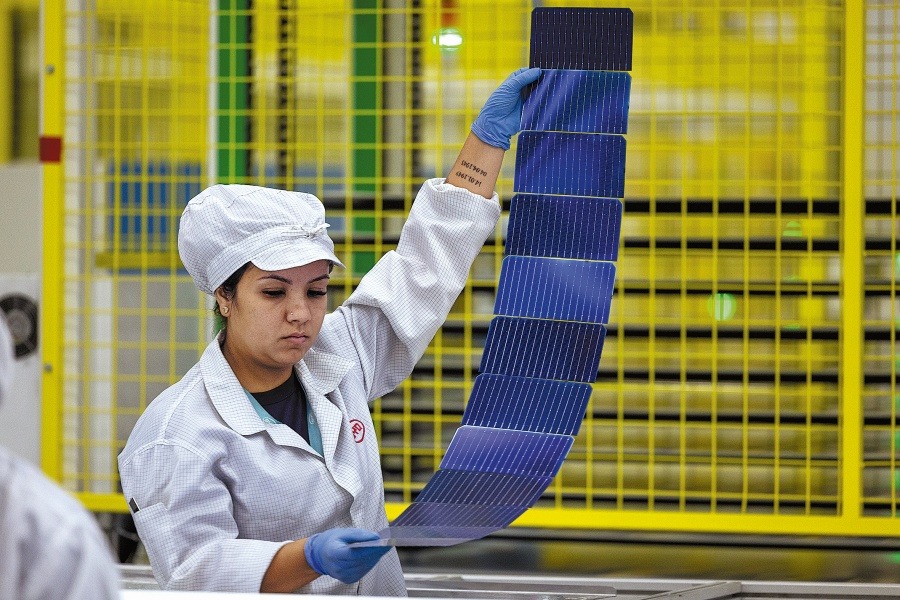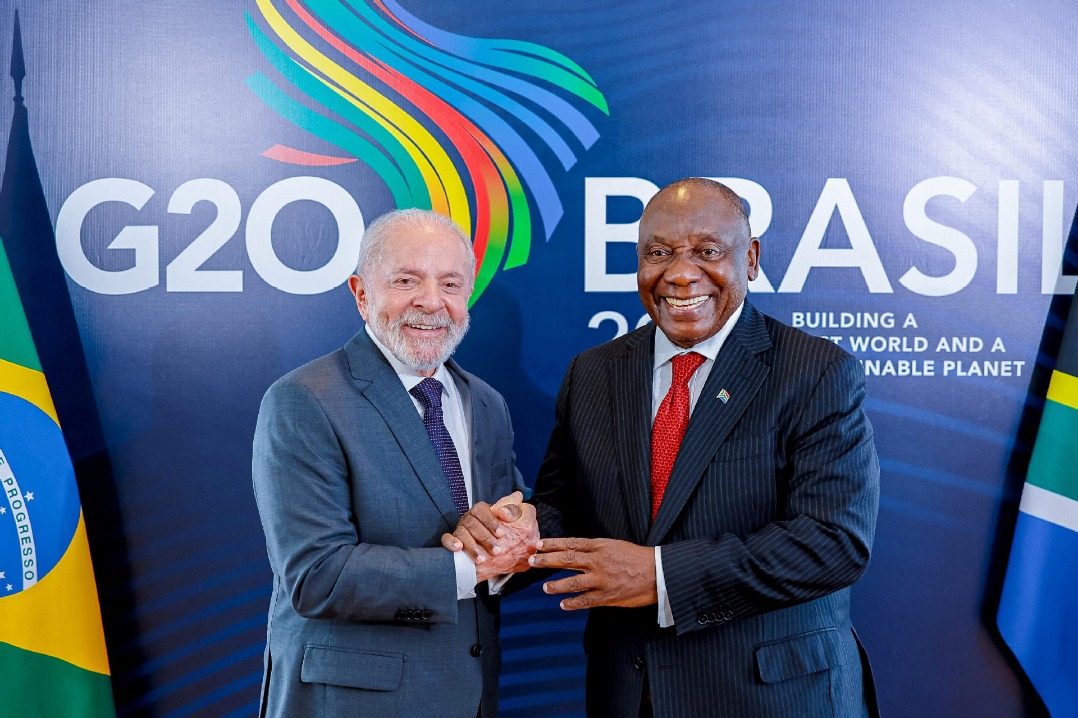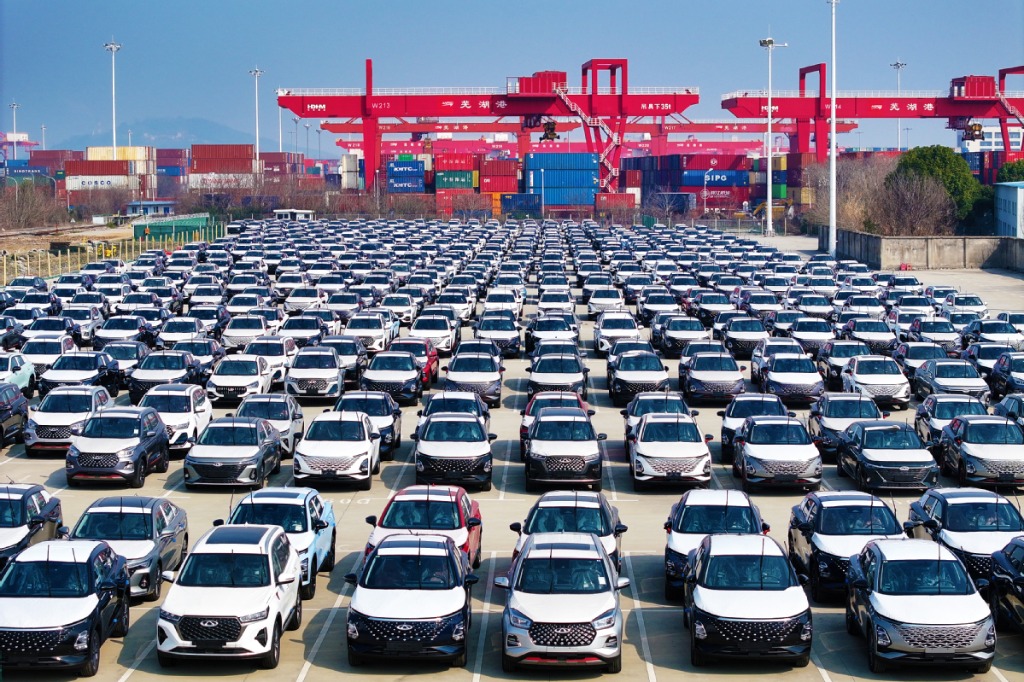Innovation, green development impress global youth

At the 2023 Tsinghua Global Youth Dialogue, young leaders from diverse backgrounds experienced China's development in AI technology and climate change mitigation and discussed the importance of cultural exchange for a sustainable future.
"China is taking steps to decarbonize its economy. What we saw on our trip, and I think
these technological developments are really important," said Vadim Titov from Russia, who serves as Sustainability and Climate Initiatives director at BRICS Youth Energy Agency. He cited Shenzhen as an example , stating, "There are a lot of electric vehicles on the roads of Shenzhen. Almost all of the private but also public transportation vehicles are driven by electricity. And this electricity, in turn, comes from low carbon sources, which is very important because, along the whole value chain, we need to make sure that both electricity and electric vehicles are nature-friendly."
Falit Sijariya, a youth leader from India, said that he was impressed by how technology is being integrated with ecosystems. "When we are traveling, the maps are integrated with the traffic lights, something which some of the best applications available in the West are yet not able to match," said Sijariya.
Rounok Jahan Khan, a youth leader from Bangladesh, said that she was particularly impressed by how green China has been.
Sarah Marjorey Kisakye, a youth leader from Uganda, took Shougang Park as an example. She expressed amazement at how this place, once an old steel complex, has been transformed
into a modern park with a blend of vintage style.
Abdulla Alameri, a student from UAE University, said that people-to-people exchanges
are vital for diplomacy, global cooperation and cultural understanding.
The event, which took place from Aug 20 to 30, featured the theme of "United Youth, Shared Future". It attracted more than 60 participants from different countries and regions worldwide, representing a wide range of fields including academia, entrepreneurship, technology, policymaking, and social activism.
From Aug 20 to 28, youth representatives explored and engaged in social activities in cities like Shenzhen, in South China's Guangdong province, as well as Chengdu and Deyang in Southwest China's Sichuan province. They then gathered at Tsinghua University on Aug 29 and 30 to discuss and exchange ideas concerning three main topics: AI technology and the digital economy, climate change and sustainability, and mutual learning and cultural exchanges.
















